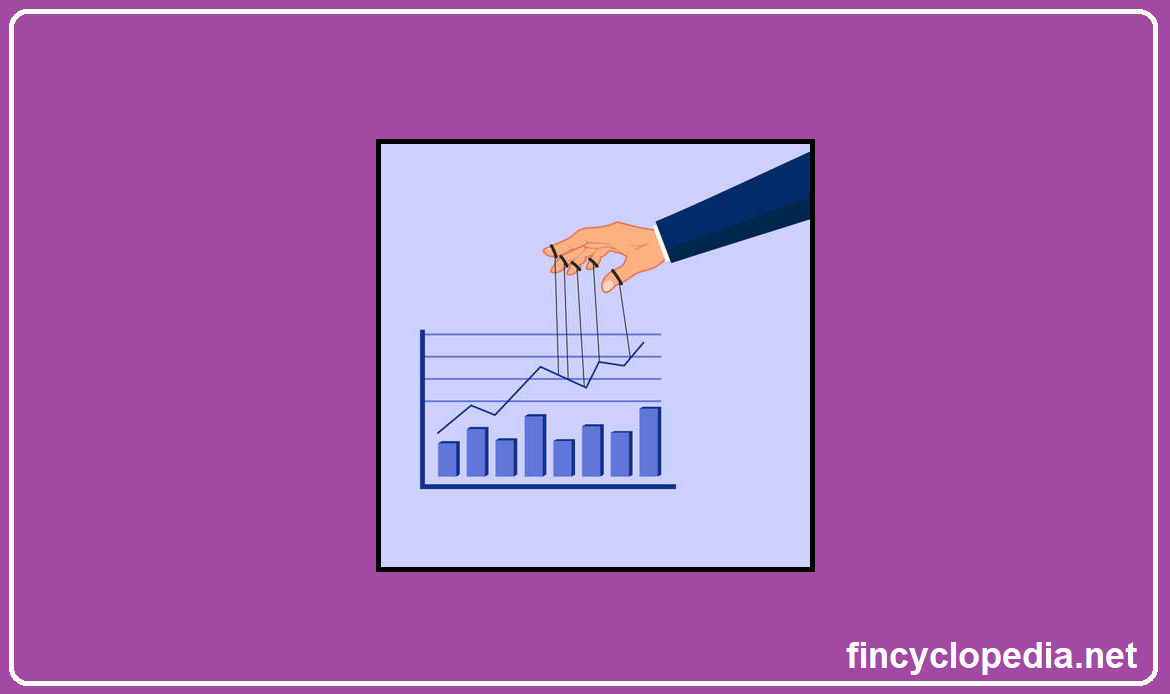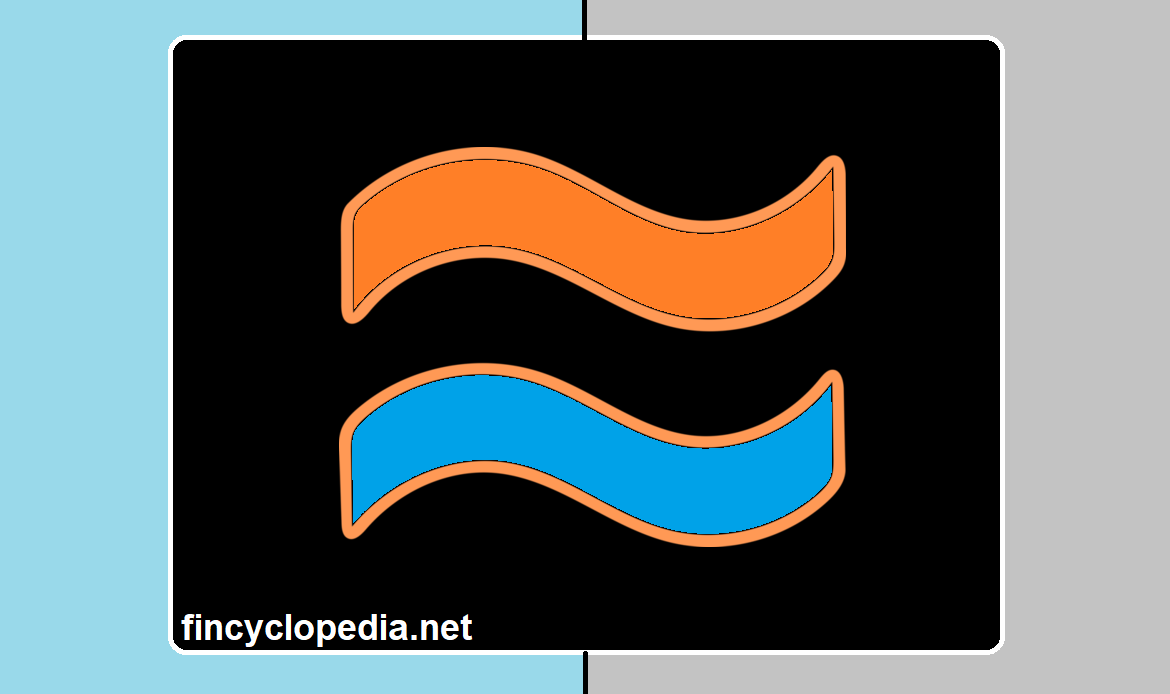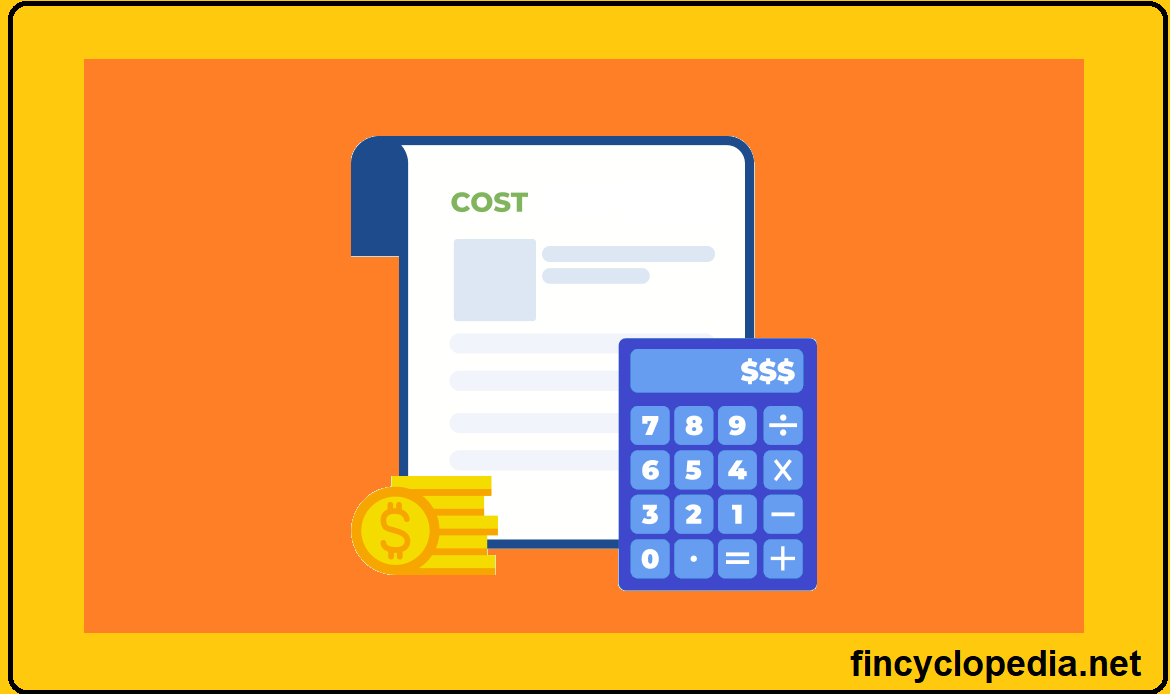The period over which an asset provides or is expected to provide its economic benefits to an entity owning and/ or holding it (i.e., having control over it). These economic benefits include those relating to use in a direct or indirect way. Economic life may also refer to the number of production units that would be obtained from the asset by its owner/ holder.
For example, the economic life of a tangible fixed asset is the period over which it will be economically useful to its users, whether it is for own use (like office equipment) or for production (like machinery). This life should be reviewed at the end of each accounting period to better reflect its value and surrounding market conditions. Typically, the carrying value of the asset, net of any residual amount, is depreciated over its economic life.
It is also known as a useful life.






